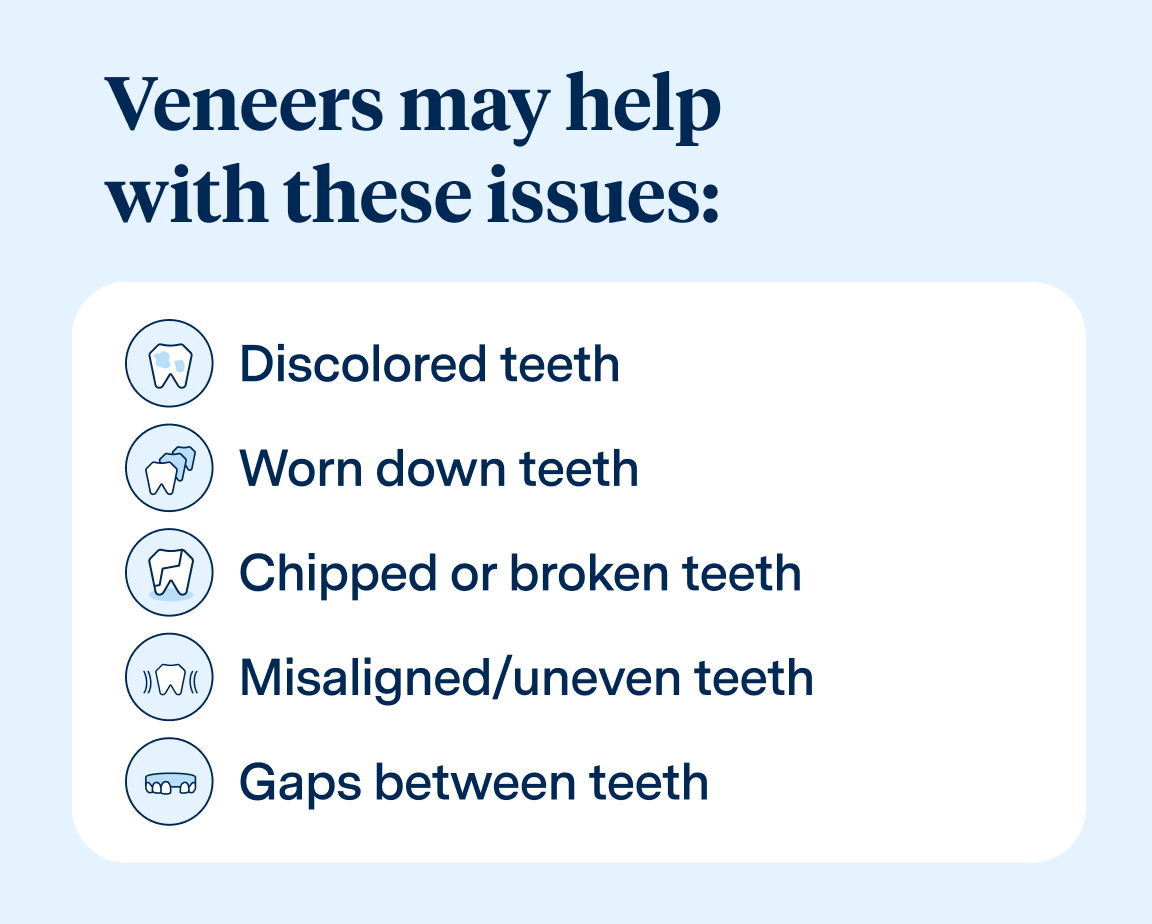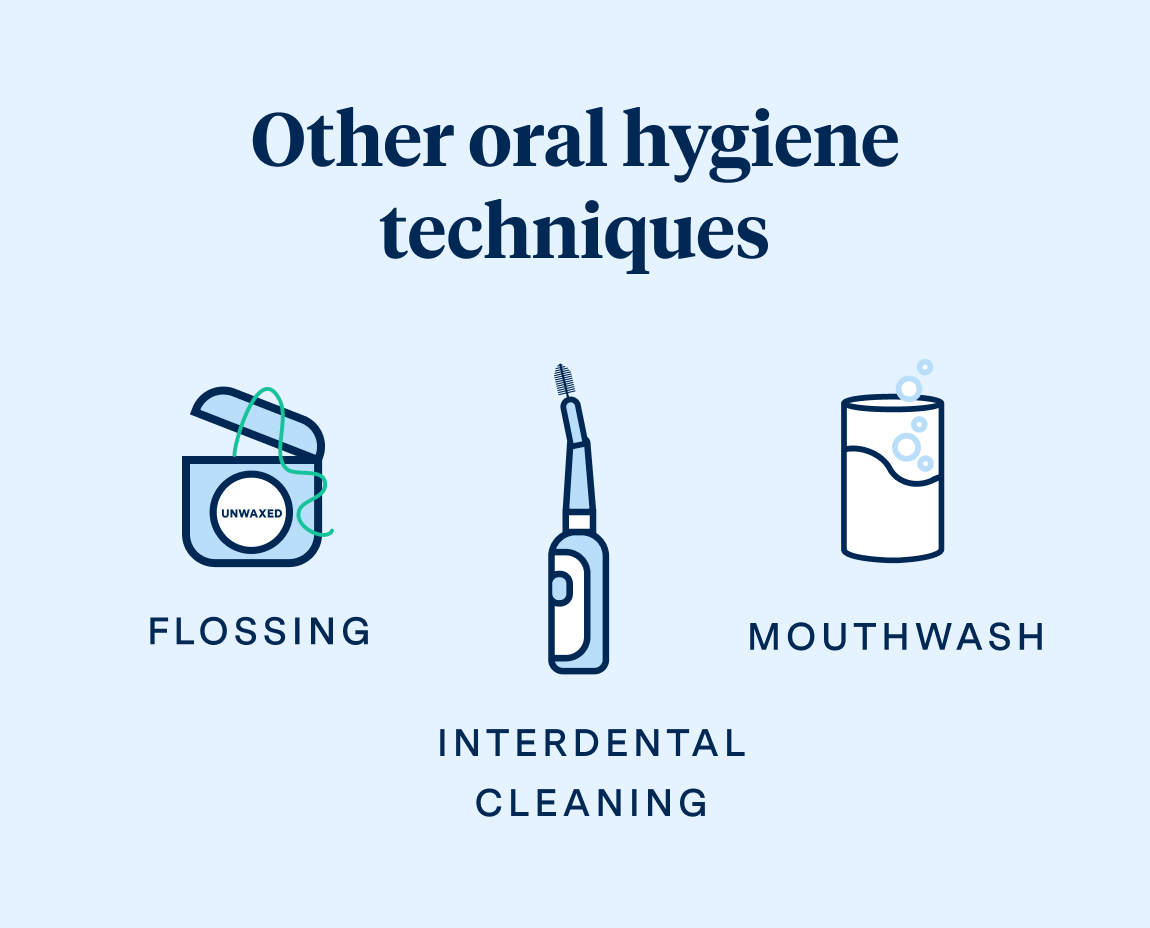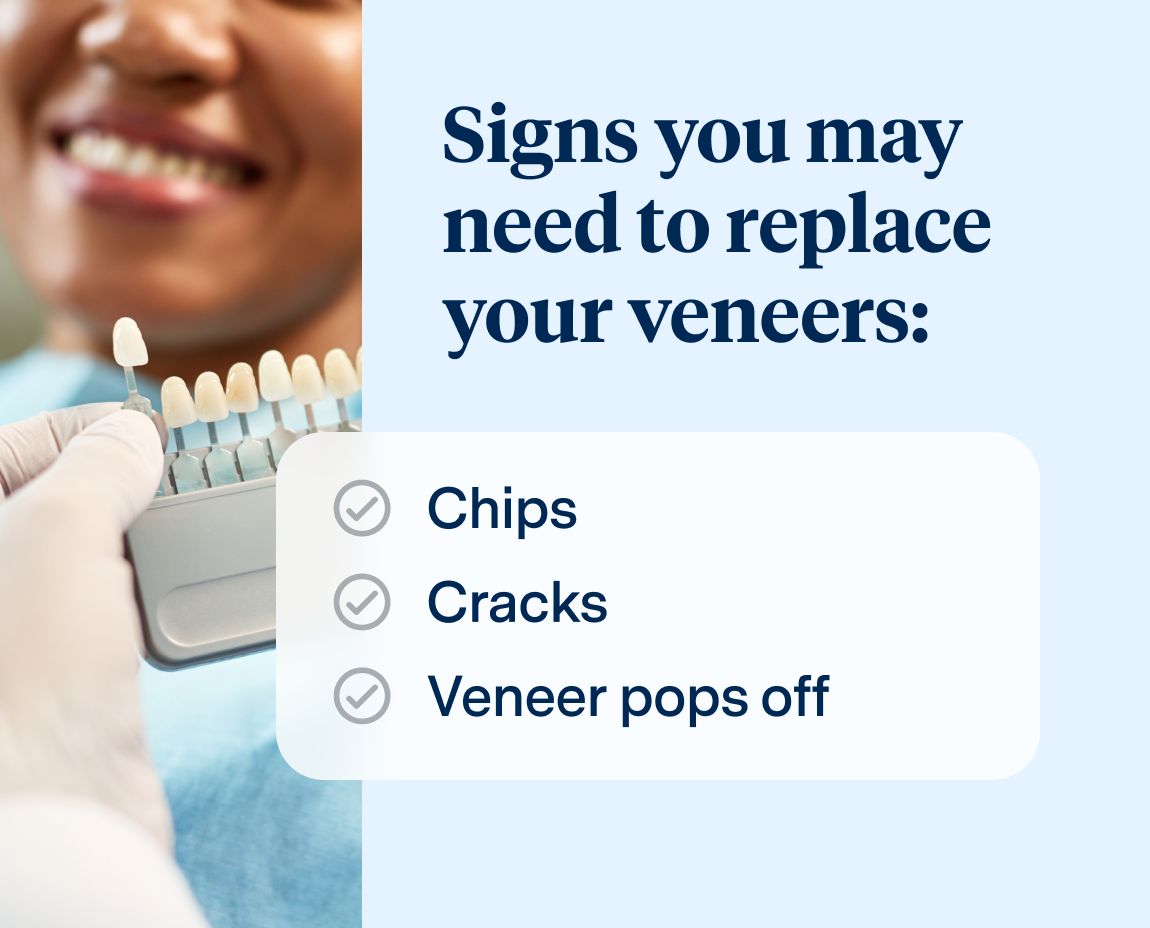Veneers maintenance tips for brighter smile
Veneers Care 101: Learn veneers maintenance tips—daily brushing, proper flossing, mouthwash use, and more.
A shining smile is the symbol of beauty. With the growing popularity of dental veneers as the solution to attain a camera-ready smile, many patients are making the decision to invest in veneers to enhance their aesthetics. In this article, we’re going to cover everything you need to know about dental veneers maintenance.
The allure of veneers comes from their ability to transform smiles almost instantly. This gives you a quick remedy to solve a variety of dental imperfections. However, just like your natural teeth, veneers require intentional care to maintain their appeal and to improve their longevity. In this comprehensive guide, we'll share our top tips for veneer maintenance and how proper care can preserve your dazzling smile for years to come.
Understanding veneers
Veneers are a beautiful innovation in the world of cosmetic dentistry. These thin, custom-made shells are designed to cover the front surface of teeth to improve their appearance. Whether you’d like to correct minor misalignment, discoloration or enhancing the shape of teeth, dental veneers offer a versatile solution.
The good news is, veneers are durable. However, the reality is that they still need intentional care to prolong their lifespan. By understanding the maintenance required for veneers and adopting proactive dental hygiene routines, you will have an enduring smile for years to come.

The benefits of dental veneers
Dental veneers are a popular option if you're ready to enhance the look of your smile. They are commonly made from porcelain or resin composite materials and are custom-made to fit your teeth. This creates a snug fit and natural appearance.
Veneers may help with the following issues:
Discolored teeth that cannot be lightened through whitening procedures
Worn down teeth
Chipped or broken teeth
Slightly misaligned or uneven teeth
Gaps between teeth
Veneers are a semi-permanent dental procedure. While they may eventually need replacement, usually after many years, they provide a long-term solution for a beautiful smile.
Daily oral hygiene
Maintaining a consistent and thorough daily oral hygiene routine is essential for the upkeep of your veneers. You want to keep your natural teeth healthy and the veneers vibrant. Here are a few key steps to include in your dental care routine:

Proper brushing techniques
Brushing your teeth with veneers is like brushing your natural teeth, with a few things to keep in mind. We recommend you use a soft-bristle toothbrush and a non-abrasive toothpaste.
This will help to avoid gloss erosion and preserve the natural look of the veneers. It’s also best to move the toothbrush in small circular motions on the front and back teeth, along the gum line and on the surfaces where you chew.

Flossing and interdental cleaning
Flossing is equally important, especially when you have veneers! It allows you to effectively remove plaque and food particles from between your teeth. When flossing your veneers, you may find it easier to use waxed floss for a smoother experience. Interdental brushes or water flossers can also be used.
Mouthwash and rinsing
Incorporating a mouthwash with fluoride helps to strengthen your tooth enamel. This is beneficial for your natural teeth and veneers alike. Rinse your mouth with water after every meal to prevent staining and to keep your mouth clean.
Protecting your veneers
Your daily habits have a great impact on your veneers. While veneers are strong, you still need to exercise caution to extend their lifespan.

Avoid hard or sticky foods
To keep your smile strong and your veneers enduring, it’s best not to chew on anything too hard, like ice. We also recommend avoiding sticky treats that can put stress on your teeth and the veneers. This will help you minimize the risk of getting chips or cracks in your veneers.
Use a mouthguard during physical activities
If you're an athlete, or if you tend to grind your teeth at night, a custom-fitted mouthguard can help protect your veneers (and your teeth) from injury.
Be gentle on your teeth (they aren’t tools)
We've all been guilty of it at some point—using our teeth to tear open a package or undo a knot. However, these habits are best left behind to maintain a healthy smile and strong veneers.

Regular dental check-ups matter
Your Aspen Dental dentist is your best advocate when it comes to helping you care for your oral health. Regular check-ups are essential because your dentist can identify and address any issues early on.
Keeping up with regular dental check-ups
We recommend you visit your local Aspen Dental every six months for a routine check-up. During this time, your care team can evaluate the health of your mouth, clean your teeth professionally, and provide customized advice for you to best care for your smile.
Professional cleaning and examination
Professional cleanings help to remove tartar and plaque from your teeth and can help maintain the life of your veneers. Your dentist will also examine your veneers for any signs of damage, making sure they remain properly bonded to the teeth.
Dealing with discoloration
Stains and discoloration can occur on veneers over time. We recommend being careful not to consume too many highly pigmented foods or drinks. While veneers can be stain-resistant, the adhesive used to attach them is not. Therefore, it's best to avoid habits that can stain your teeth, like smoking and excessive coffee or red wine consumption.
Preventing stain-causing habits
In addition to stopping or minimizing tooth-staining habits like smoking, it’s also helpful to avoid dark beverages and foods, like curry. If you do choose to indulge, just make sure to rinse your mouth or brush your teeth soon after. Drinking with a straw can also limit the contact with your veneers and reduce the risk of staining.
Professional teeth whitening options
In the case that your veneers or teeth are disproportionately discolored, professional teeth whitening may be able to help. Instead of at-home whitening, it’s best to consult your Aspen Dental dentist for the best approach. Traditional at-home whitening systems can impact the color stability of the adhesive used for your veneers.

Replacing damaged veneers
Despite your best efforts, accidents can still happen. Additionally, your veneers may naturally wear over time. Here are a few warning signs indicating that it may be time to replace your veneers.
Signs of damage or loosening
If you notice any chips, cracks or other damage to your veneers—contact your dentist as soon as you can. If the bonding washes out in areas, it can create a greater susceptibility to issues. Veneers also may expose the underlying tooth to bacteria, leading to tooth decay and other issues. Discomfort or changes in how your bite feels can also be indicators that something is not right.

Veneers maintenance and replacement
The process of replacing damaged dental veneers is straightforward. Your Aspen Dental dentist will assess your smile, take dental X-rays, and then prepare the new veneers to match your natural teeth. The old veneer will be removed, and the new one is bonded in place. You’ll have a sparkling smile again in no time.

Dental veneers for a dazzling smile
Although it takes effort to care for your dental veneers, it will be worth it to enjoy a radiant smile for many years to come. By following the maintenance tips outlined in this guide, your veneers will stay in top condition and maintain their brand-new appearance. Speak with your Aspen Dental dentist to learn more about veneers.

